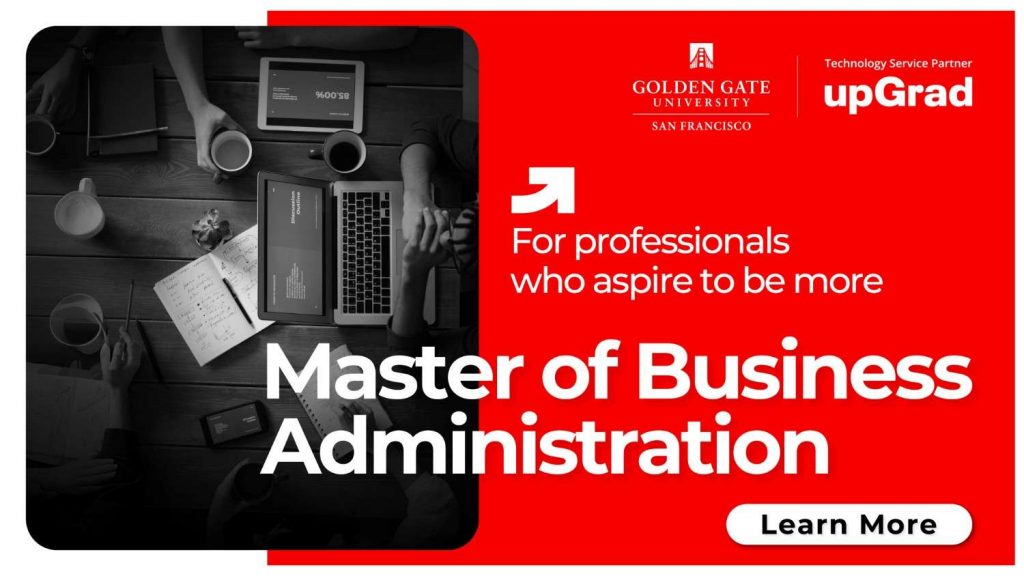Earning a diploma to manage supply chains can further your career. Supply chain coordination is critical for companies globally. This program teaches how to move goods worldwide smoothly.
A Singapore supply chain management diploma develops talent for high-demand jobs. Let your specialised skills take you towards leadership roles across industries.
Why Get a Supply Chain Management Diploma in Singapore?
A supply chain coordinates the making and distributing of products. It links companies that supply raw materials to those delivering final products. Supply chain management oversees this whole journey. As you can imagine, managing logistics, stock, transport, storage, etc., across global networks is complicated.
This diploma in supply chain management in Singapore provides the know-how to optimise these systems. The modules cover topics from procurement to analytics and efficiency principles. This cross-understanding is key to reducing costs while still satisfying customer orders.
Curriculum Overview and Learning Outcomes of Diploma in Supply Chain Management
Core Subjects
1. Logistics and Distribution Management
Learn transportation methods, facility locations, warehouse operations, order handling, supply chain links, and result measurements. Real-world case studies build analytical and problem-solving abilities.
2. Supply Chain Technology and Analytics
Discover how technologies like ERP systems, IoT sensors, predictive analytics, optimisation software, and data visualisation can enhance planning and processes. Get hands-on work through lab and project sessions.
3. Inventory and Warehouse Management
Examine theoretical ideas and practical techniques for effective inventory and warehouse management across supply chains. Key lessons include applying forecasting, calculating order quantities, facility layouts, storage analysis, and policy development using real examples.
Elective Subjects and Specialisations
1. International Trade Laws and Regulations
Analyse case studies on free trade deals, customs procedures, and cross-border taxes to build compliant and optimised import/export approaches.
2. Sustainable Supply Chain Management
Incorporate environmental and social sustainability into strategies. Gain insights into lifecycle analysis, carbon footprint monitoring, circular models, ethics auditing, supplier code of conduct, and collaborating with stakeholders through applied projects.
3. E-Commerce Digital Supply Chains
Develop competencies to manage supply chains for online order fulfillment. Relevant topics include consumer behaviour analysis, digital marketing, last-mile delivery solutions, reverse logistics approaches, and omnichannel distribution technology enablers.
Practical Training and Internships
1. Industry Projects and Case Studies
Tackle real-world challenges through benchmarking exercises, gap analysis tasks and strategy formulation assignments that sharpen problem-solving skills.
2. Internships with Leading Logistics Firms
The diploma facilitates summer internships and immersive learning with major logistics companies. Obtain hands-on best practice engagement by working onsite with experts and expanding your professional connections.
Conclusion
A chain management diploma equips students with the expertise to streamline complex distribution networks. The comprehensive curriculum and industry training prepare graduates for leadership roles across logistics, procurement, warehousing, and inventory planning. This in-demand skillset offers diverse career paths with strong advancement potential.
FAQs
1. Why should I get a diploma in supply chain management?
A supply chain management diploma can kickstart your career by providing specialised skills for high-demand jobs across industries. As supply chains become more global and complex, professionals who can optimise logistics, inventory, and coordination are valued. This diploma develops cross-functional talents to improve efficiencies.
2. What subjects will I learn in my diploma in logistics and supply chain management?
Core topics cover logistics, distribution, inventory planning, warehouse operations, supply chain technologies like IoT and analytics, and hands-on case applications. Electives allow customising with focuses like international trade, sustainability or e-commerce supply chains. Overall, both theoretical and practical perspectives are presented.
3. What practical experience is included?
The diploma facilitates summer internships with major logistics firms, along with lab work and real-world projects. This onsite engagement with industry experts gives you valuable hands-on best practices while expanding your professional network.
4. What skills will I gain from a diploma in supply chain management?
You will develop analytical abilities, problem-solving competencies, technological proficiencies, and communication skills. With interdisciplinary learning across supply chain functions, you gain holistic perspectives to improve coordination for smoother product flows.
5. What jobs can I attain after completing this diploma?
Graduates take on coordinating, optimising and analytical roles like logistics managers, inventory controllers, warehouse supervisors, procurement officers, distribution network planners and supply chain technology solution consultants. This diploma equips you with in-demand careers.






















